
In the construction world, even the smallest decisions can translate into huge impact—both for your bottom line and the planet. One such decision? Trucking distance. By shortening hauls, you can dramatically reduce fuel consumption, emissions, and risk, all while boosting efficiency. Let’s dig into why shorter trucking distances matter—and how you can make it happen.
Fuel Efficiency = Lower Emissions
Every mile a truck drives burns fuel and emits CO₂. Soil Connect customers see this play out every day—short-distance hauls meaningfully reduce trips and gas use. When your trucks operate closer to the jobsite, every delivery becomes leaner and cleaner.
And it’s not just about the numbers on the gallon meter. Fewer miles also mean less wear on vehicles, fewer maintenance issues, and less noise and congestion in local communities.
Smarter Matchmaking = Greener Operations
Soil Connect’s marketplace is built around proximity. By connecting contractors with available dirt or aggregates from nearby suppliers, we cut out long-distance hauls ― optimizing loads and routes.
That leads to faster delivery times, lower fuel use, and a lighter carbon footprint—all built directly into your hauling process. The shorter the route, the bigger the sustainability win.
Fewer Trips, Less Cost, More Predictability
Beyond the environmental bonus, there’s a practical efficiency upside. Shorter hops mean:
- Fewer wasted miles
- Quicker cycles and more trips per day
- Faster turnaround between pickups and drop-offs
It’s a virtuous cycle: Less empty run time, lower costs, and happier crews.
Local Sourcing Supports Environmental Stewardship
Sourcing locally does more than save money—it helps protect local environments. Think less highway freight noise, reduced air pollution, and fewer trucks spilling onto community roads.
Plus, this reinforces Soil Connect’s community-first ethos—building relationships and infrastructure that support smarter, greener development.
Smarter Logistics, Fewer Permits, Lower Impact
Shorter trucking distances aren’t just easier on your logistics team—they’re easier on the environment too. Many regions have strict permitting requirements for moving dirt, aggregate, and other materials across county or state lines. Long-distance hauls often mean:
- Extra permits
- More documentation
- Higher regulatory scrutiny
Every additional mile increases not only fuel use and emissions but also the administrative load of keeping your project compliant. By sourcing locally and keeping hauls short, you can avoid unnecessary permits, reduce paperwork, and minimize the environmental footprint tied to compliance-heavy routes.
Fewer trips across jurisdictions mean less time idling at inspection stations, fewer detours, and a more direct, fuel-efficient supply chain—all contributing to a leaner, greener operation.
Final Take
The environmental impact of shorter trucking distances isn’t just about fuel and emissions—it’s about building a smarter, more efficient workflow from start to finish. When you source materials locally, you’re cutting your carbon footprint, reducing costs, streamlining logistics, and avoiding the regulatory headaches that come with long-distance hauls. It’s a win for your project’s bottom line, a win for your scheduling team, and a win for the environment.
Soil Connect makes that easier by connecting you with the right materials, at the right price, from the right nearby sources. Move dirt smarter, faster, and greener—without the extra miles. Sign up today and start moving dirt smarter

.svg)





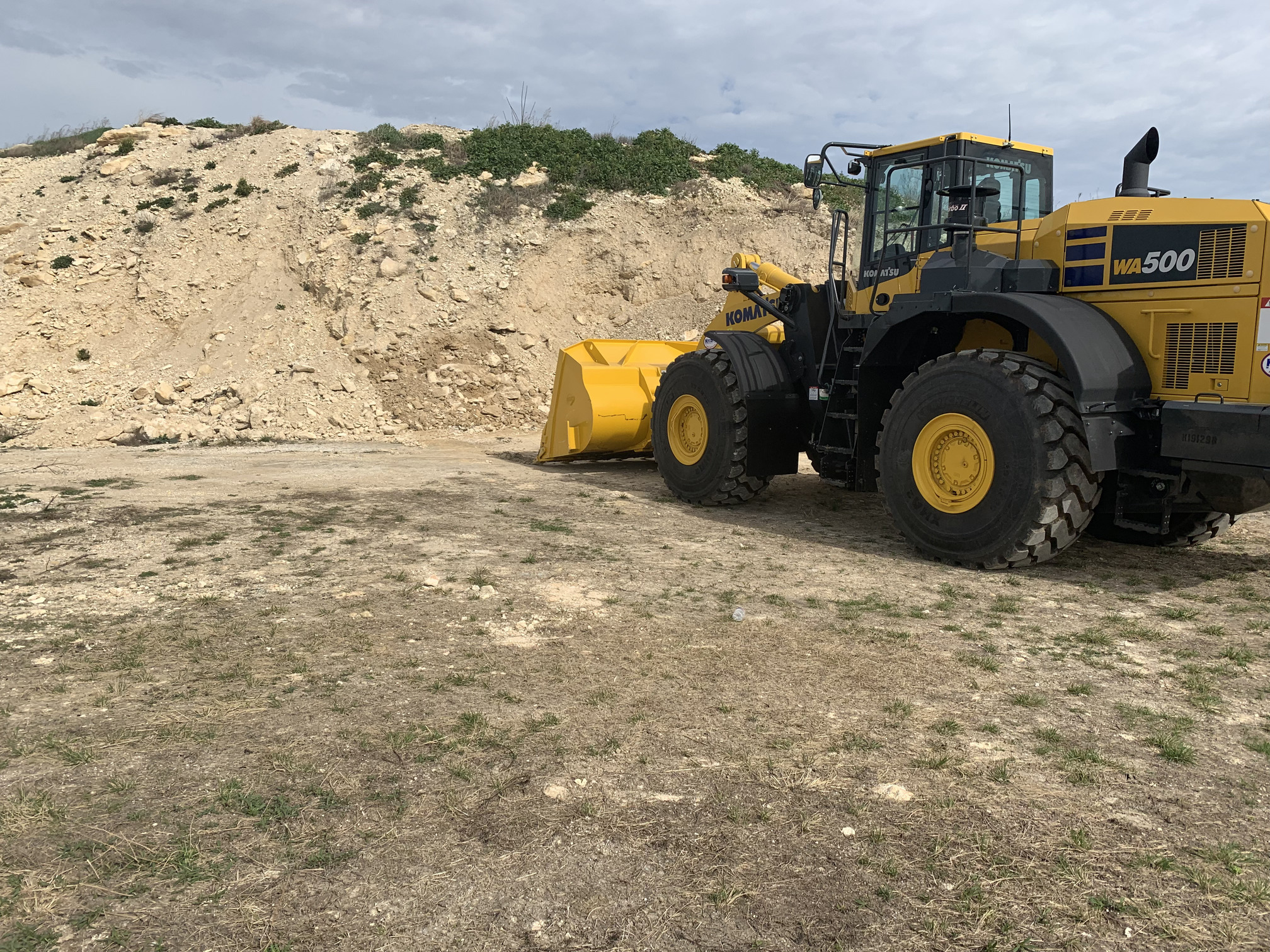

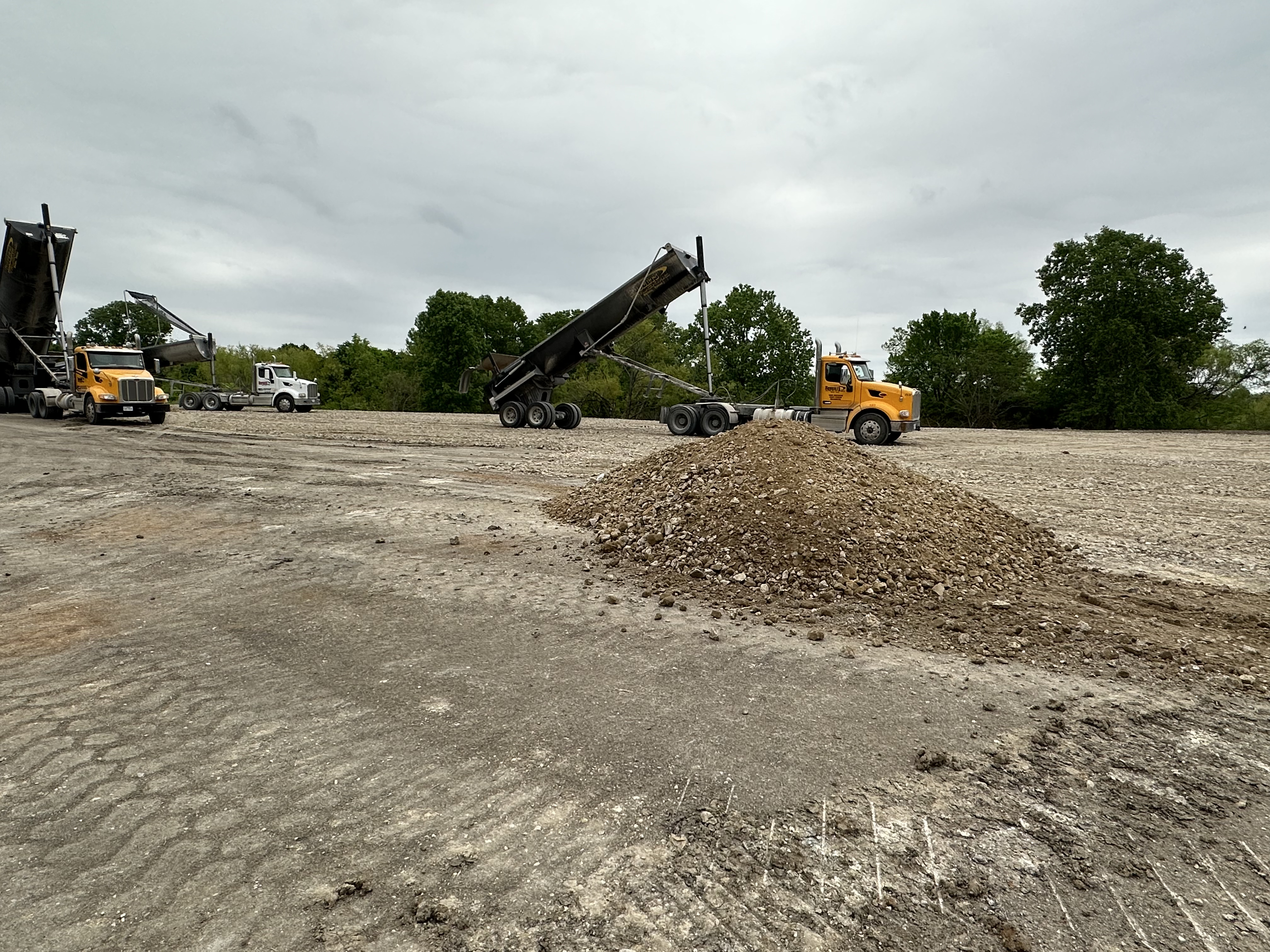
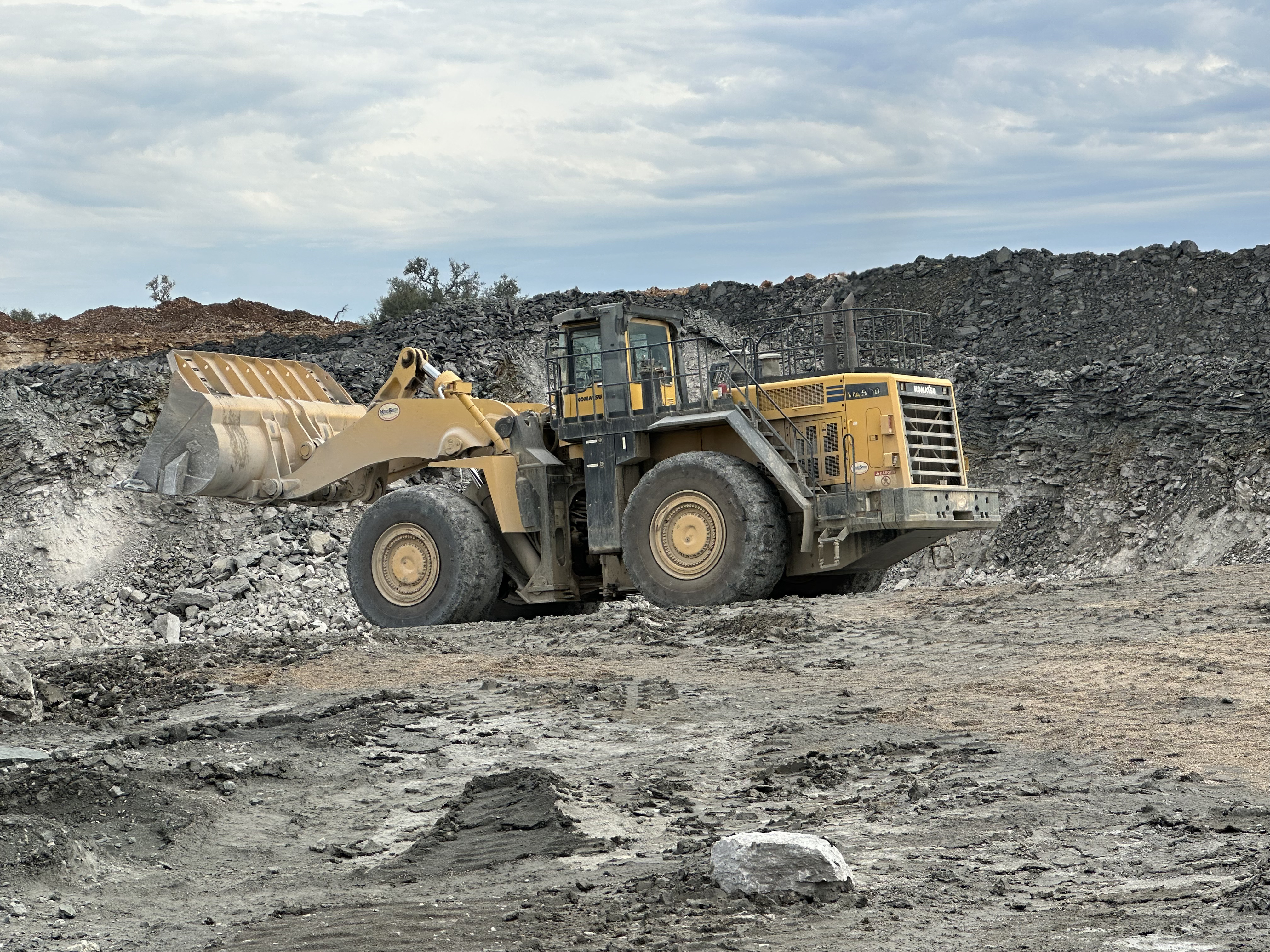
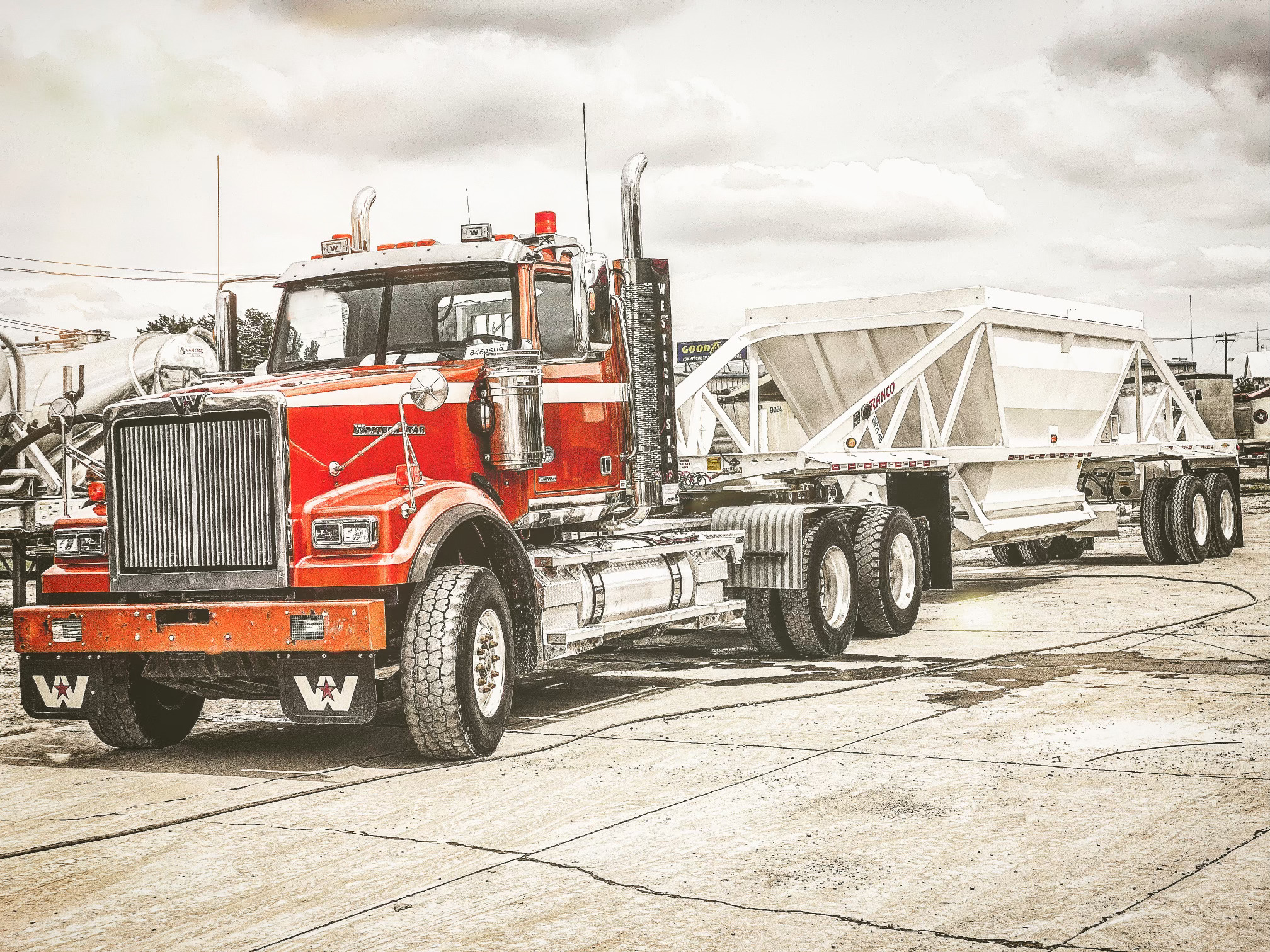


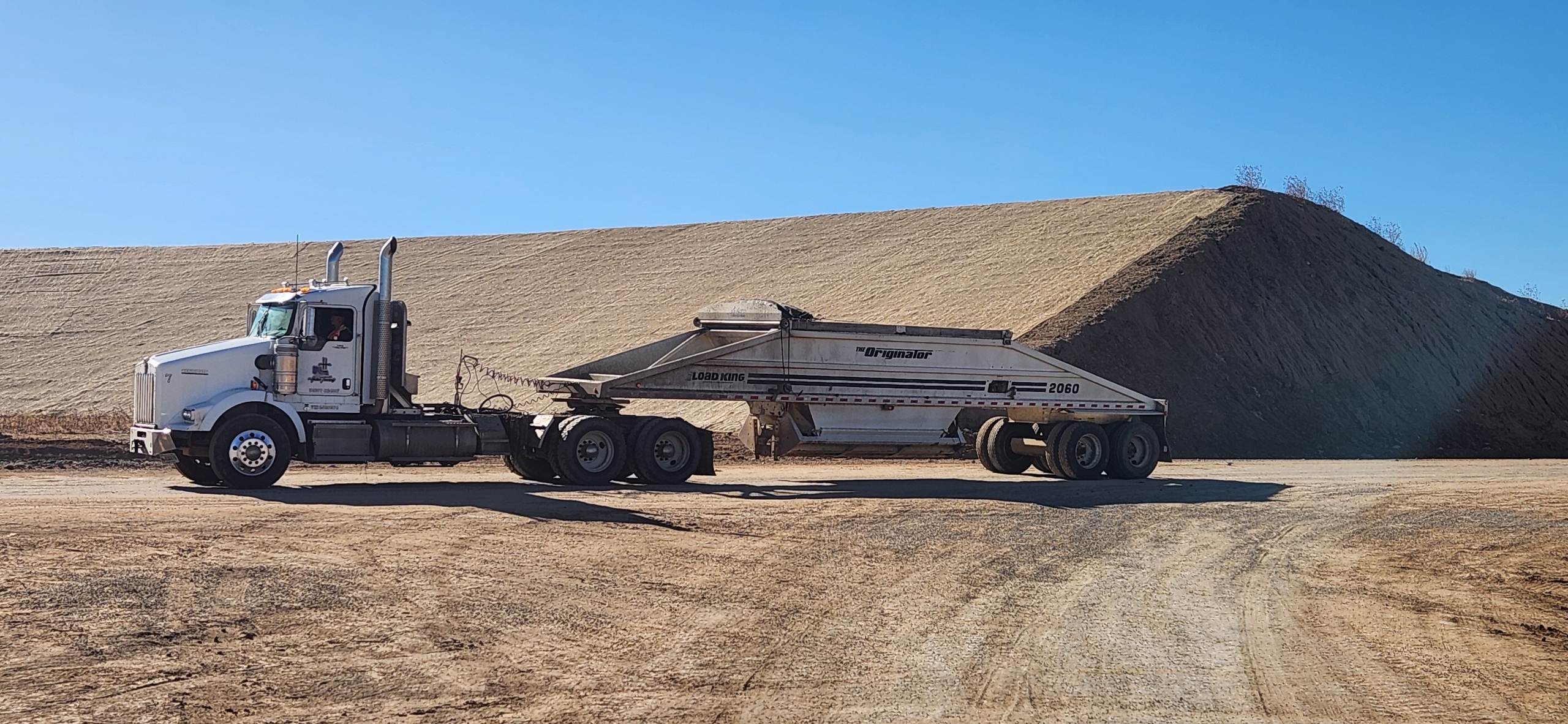
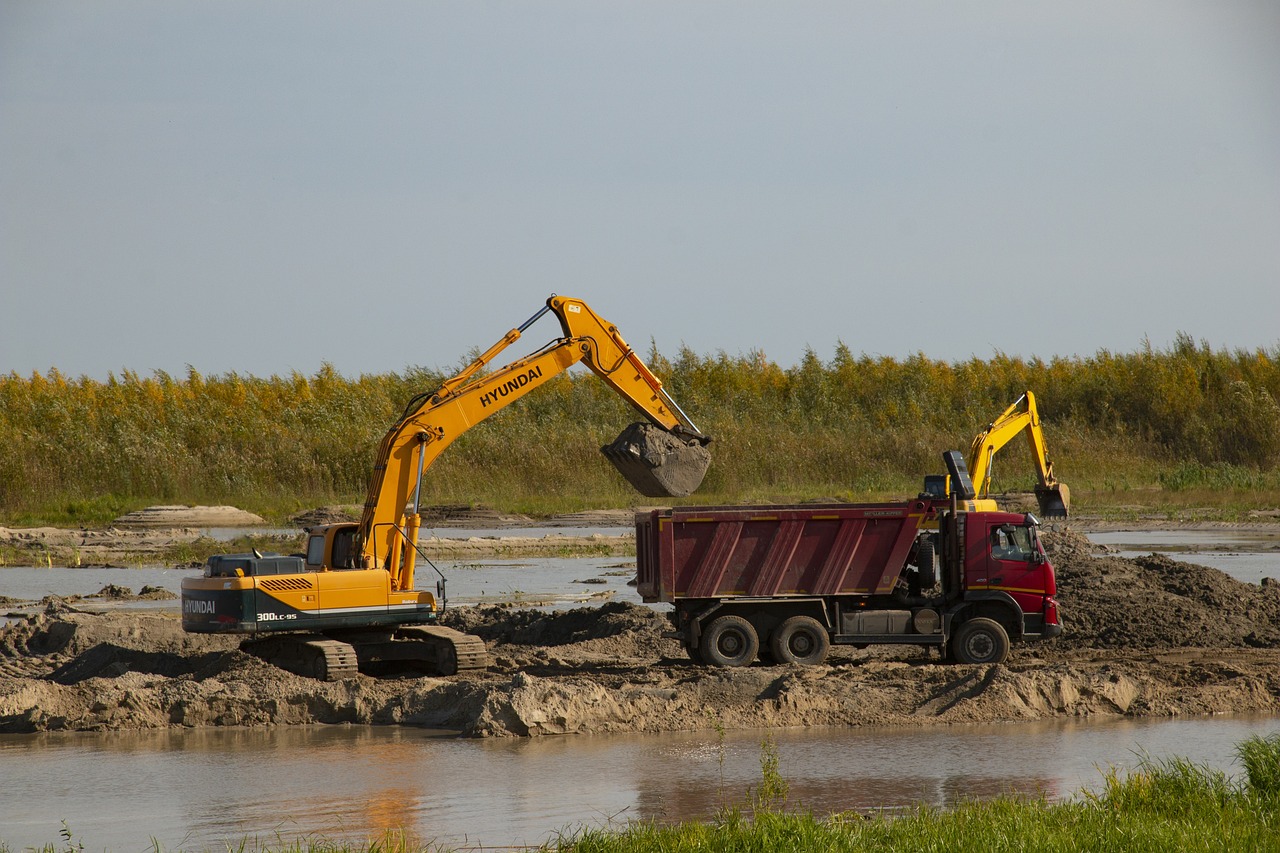

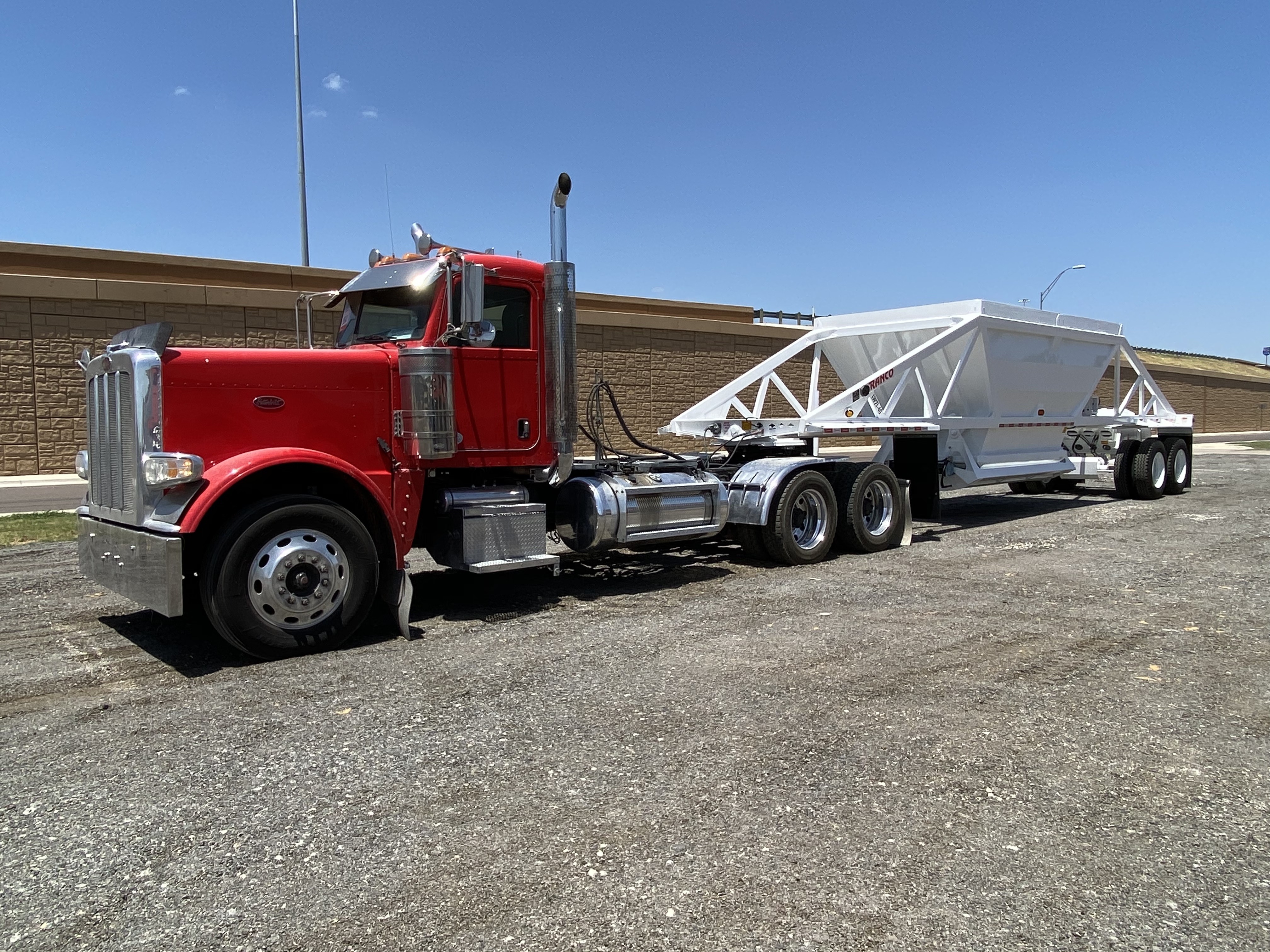
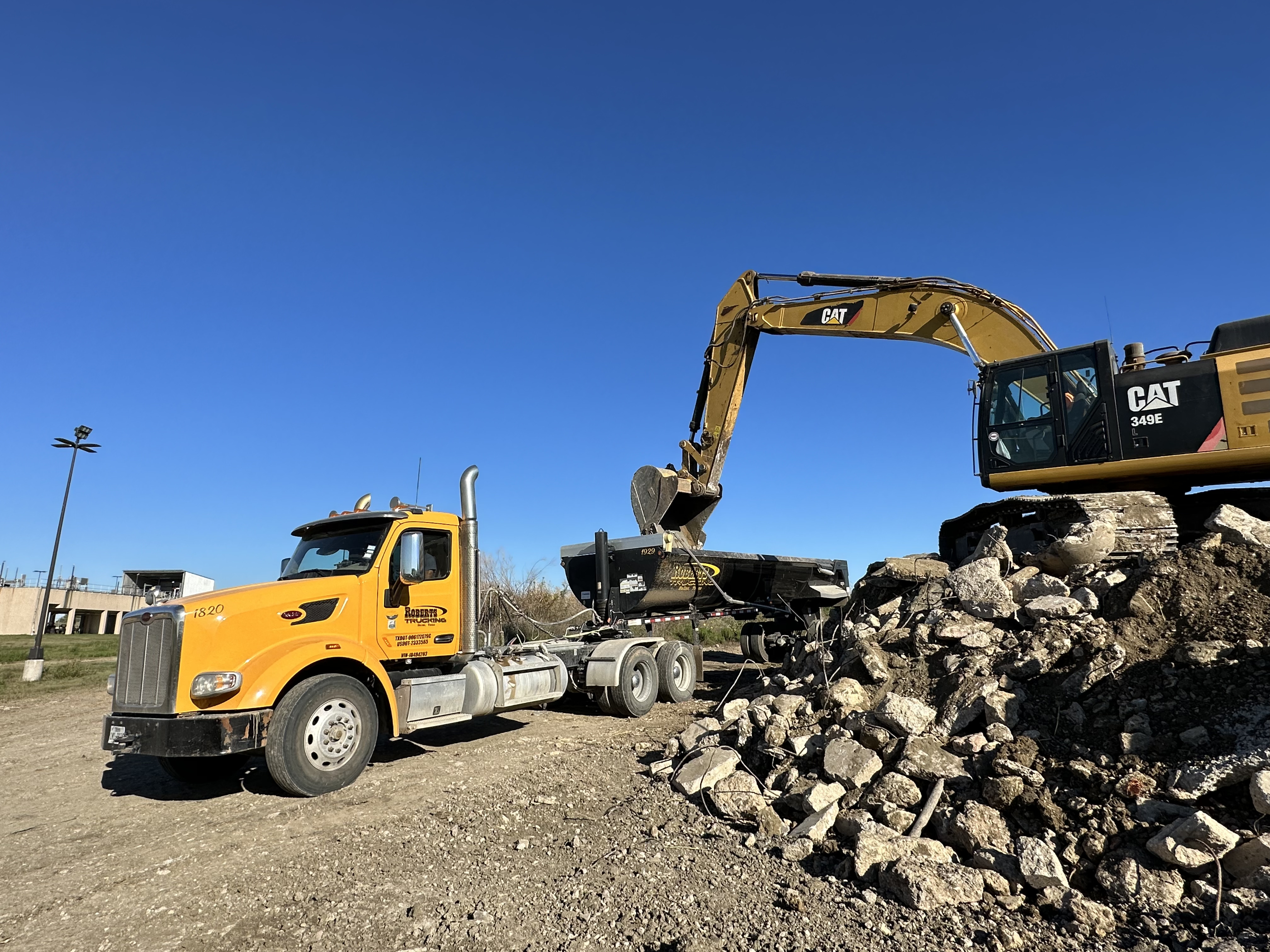
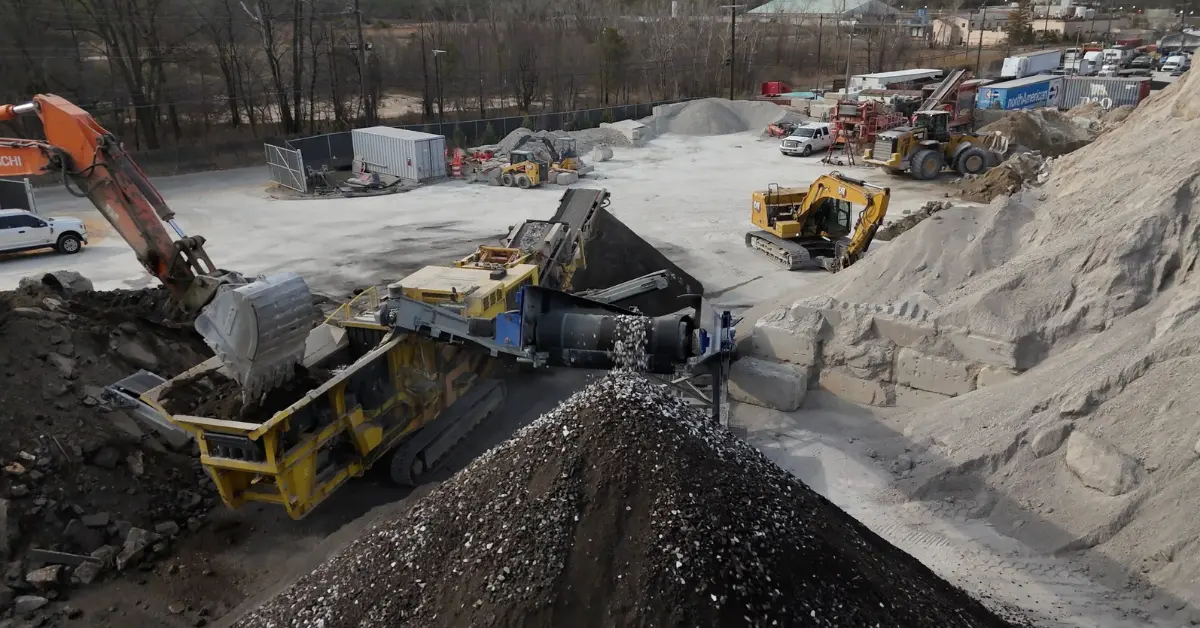
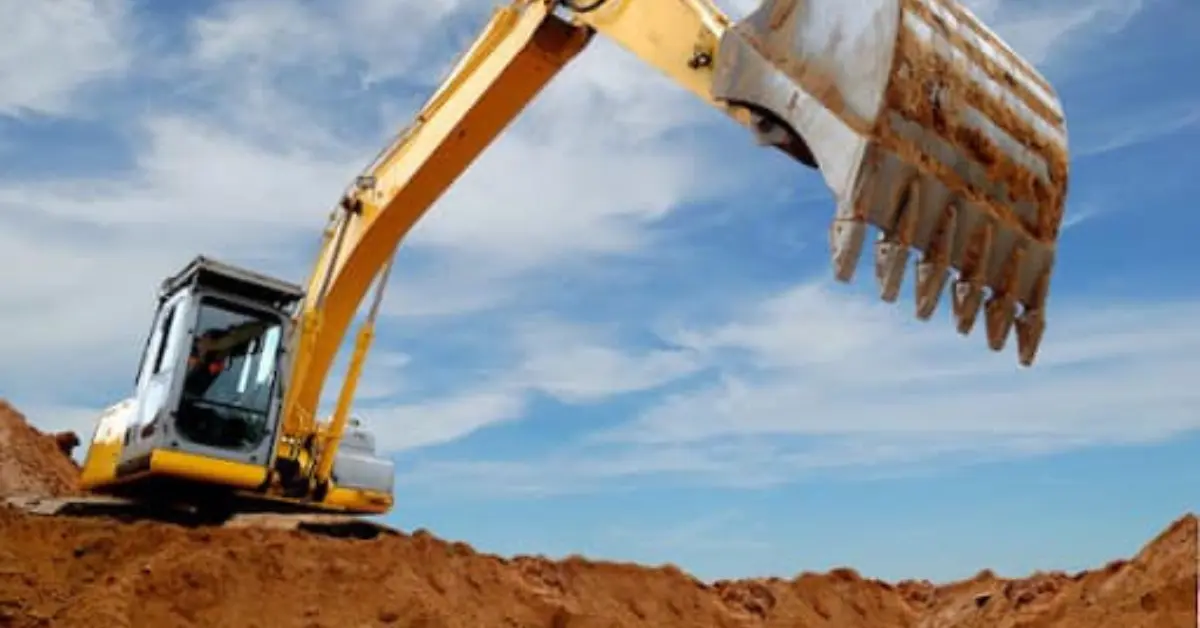
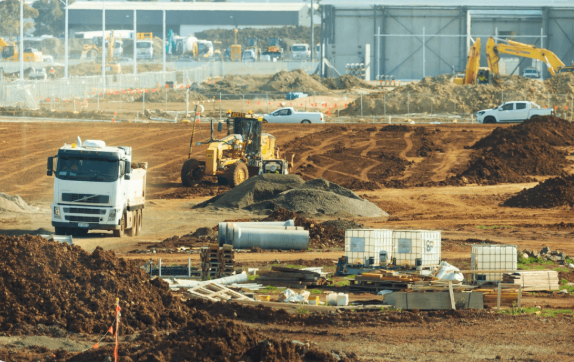
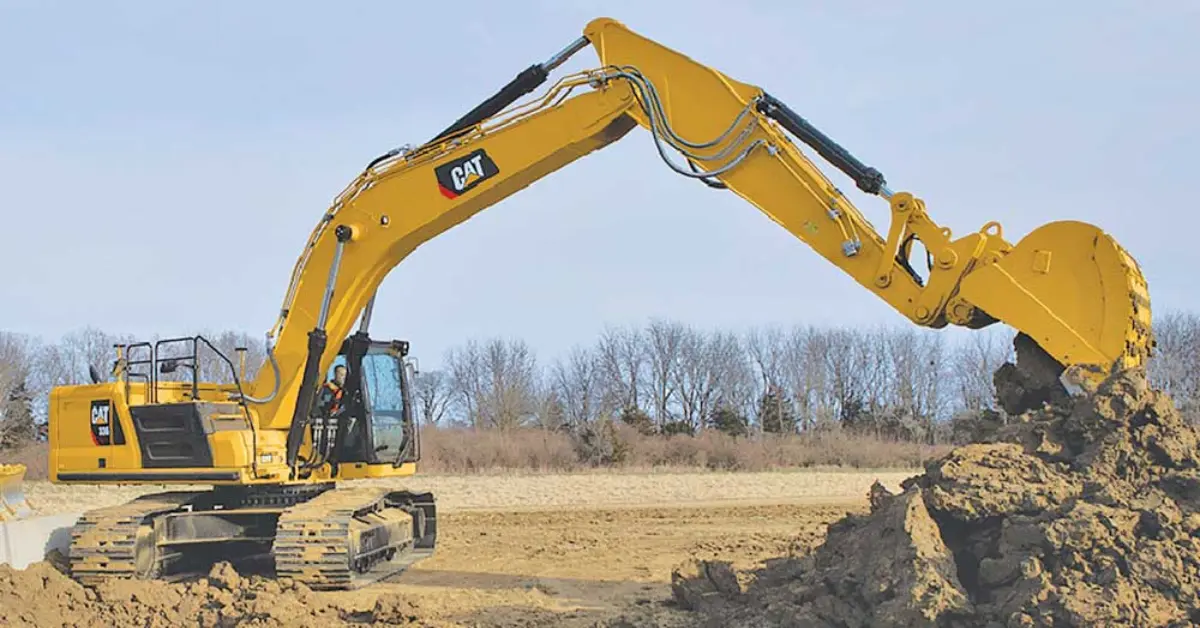
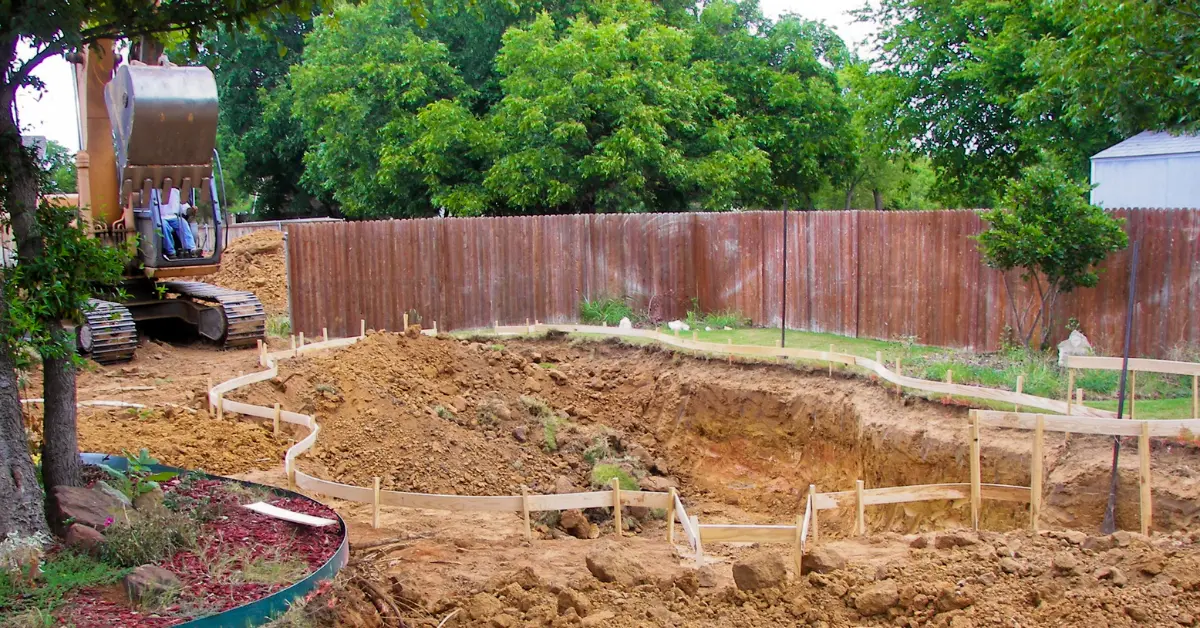
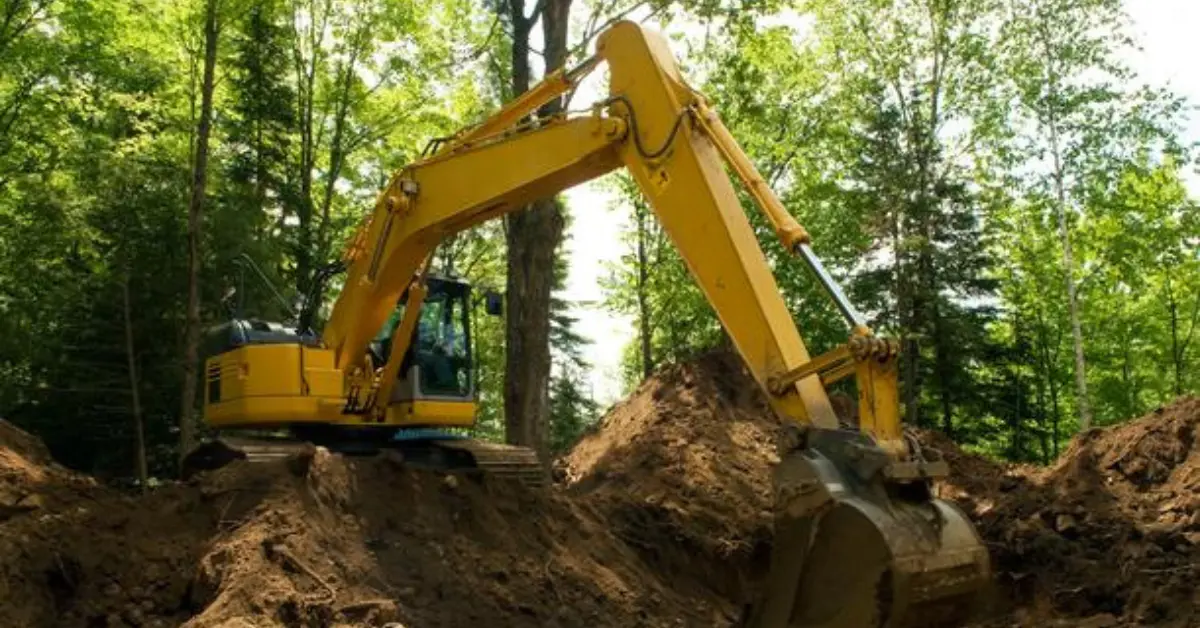
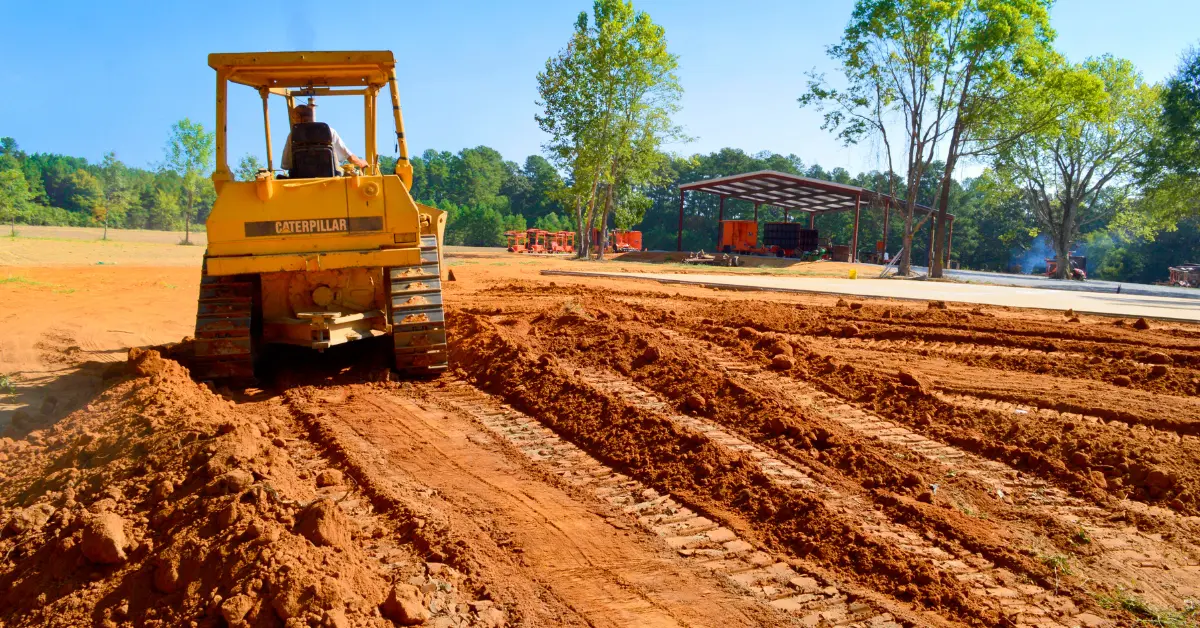
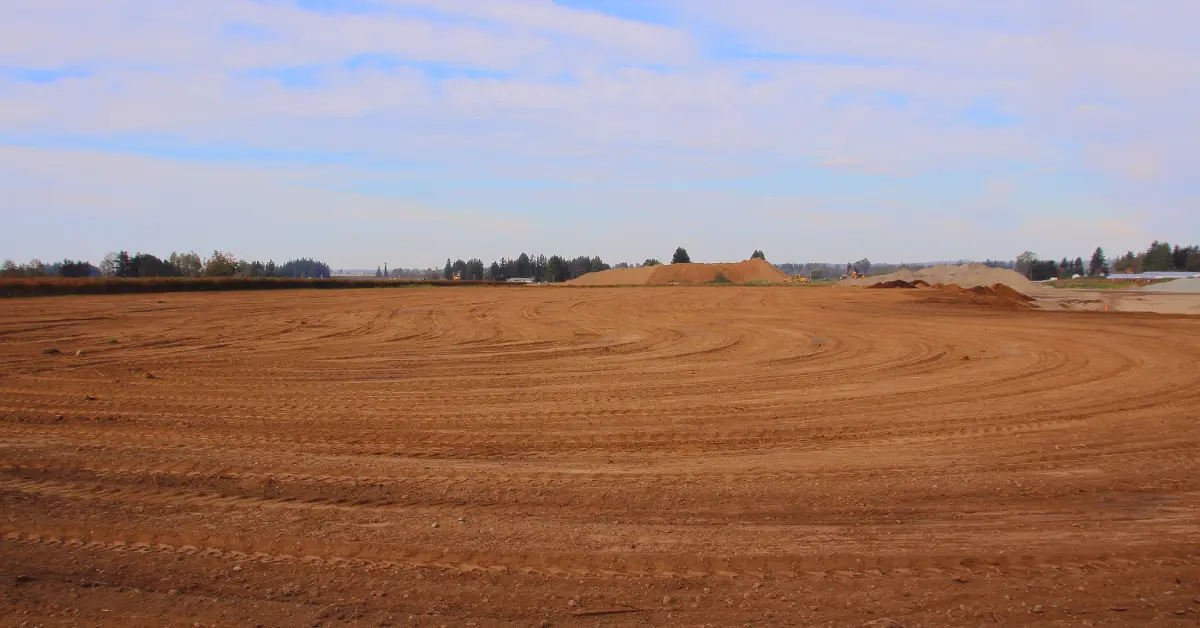



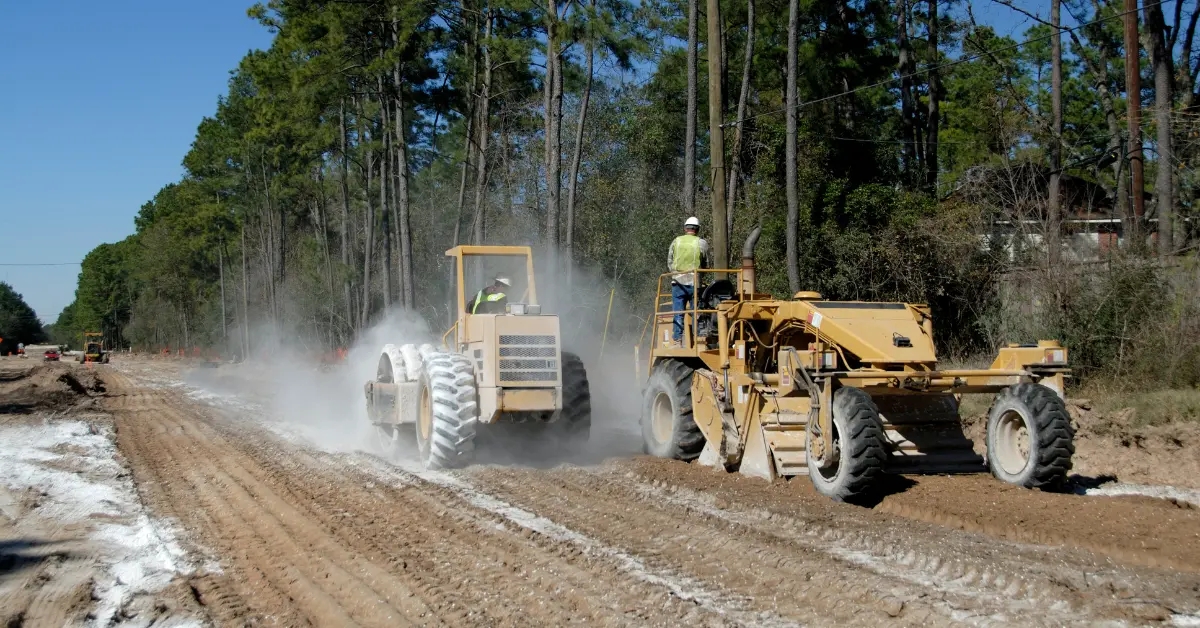




.jpg)













































